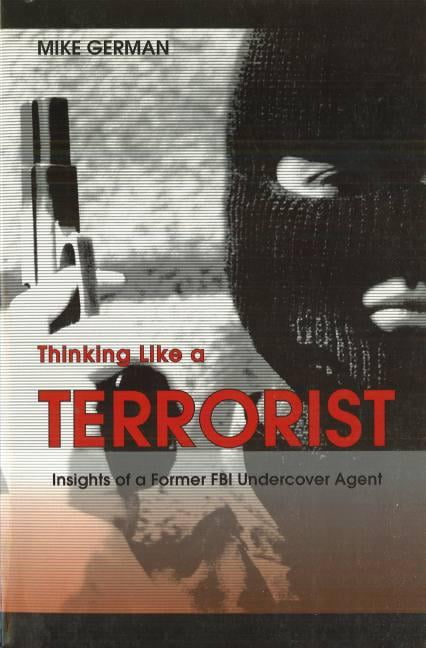

On March 12, 2009, Madoff pleaded guilty to 11 federal crimes and admitted to operating the largest private Ponzi scheme in history. 11, 2008, the FBI raided his offices in the Lipstick Building on Midtown Manhattan's Third Avenue. But Mark and Andrew, who were senior managers in the firm's trading operation - which operated separately from the fraudulent advisory business - would have none of it, and alerted authorities on the spot.Ī day later, on Dec. Madoff had hoped to buy some time to distribute hundreds of millions of dollars in bonuses to employees, then wind down the firm. 10, 2008, he confessed to his sons, Mark and Andrew, that the investment advisory business was all a lie. I'll suffer with it when I get out."īut about four months later, a judge denied the request, saying Madoff committed "one of the most egregious financial crimes of all time," and that "many people are still suffering."īernard Lawrence Madoff was born in Queens, New York, on April 29, 1938, the son of Sylvia and Ralph Madoff, a plumber who became a stockbroker.įor more than 50 years, Bernie Madoff was renowned on Wall Street, a big money manager who founded his own firm at age 22 and became nonexecutive chairman of the Nasdaq in 1990. He was credited with helping develop some of the systems and market structures that moved the stock market beyond the trading floor and gave rise to modern, electronic trading.īut Madoff's life came crashing down in 2008, during the depths of the financial crisis.įlooded with redemption requests from his clients, Madoff could not keep the scam going any longer. "You know I lost both my sons, and my wife is not really well. He said his goal was to explain his actions to his grandchildren. "You know there hasn't been a day in prison that I haven't felt the guilt for the pain I caused on the victims and for my family," he told The Washington Post at the time. In early 2020, Madoff asked a judge to release him from prison, saying he was in the end stages of kidney disease and was too old for a transplant. "When Madoff provided evasive or contradictory answers to important questions in testimony, they simply accepted as plausible his explanations," Kotz wrote. David Kotz, found that rather than following up on clear evidence of fraud, SEC enforcement staffers decided to take Madoff's word that his operation was legitimate. And it led to sweeping changes at the Securities and Exchange Commission, which missed the fraud for years despite repeated warnings, including from independent investigator Harry Markopolos, who set out to analyze Madoff's improbable returns and pronounced them fraudulent as early as 2000.Ī subsequent investigation by the agency's inspector general, H. Madoff Investment Securities shattered investor confidence, which was already damaged by the financial crisis. The investment "returns" shown on those statements - some $50 billion in all - were pure fiction. Rather than employing a so-called split-strike conversion strategy as he claimed, he simply deposited investors' funds in a Chase bank account, paying off new customers with funds from earlier customers - a pyramid investment strategy - and providing his clients with falsified account statement. In fact, investigators said, Madoff did not execute a single trade for his advisory clients for years. "The rest is my tragic history of never being able to recover." "I thought this would be only a short-term trade which could be made up once the market became receptive," he wrote. Personal Loans for 670 Credit Score or Lower Personal Loans for 580 Credit Score or Lower Best Debt Consolidation Loans for Bad Credit


 0 kommentar(er)
0 kommentar(er)
